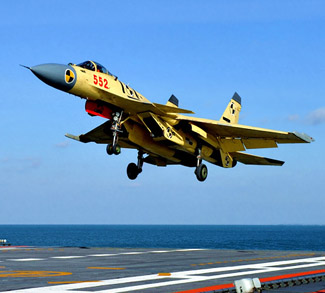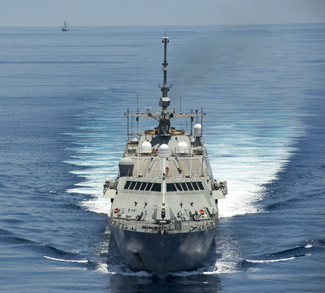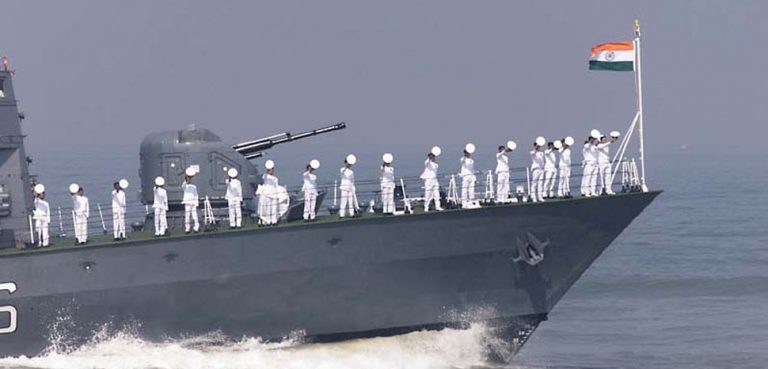Summary
The foreign policy of post-Revolution China has often been viewed as principled insofar that it is explained by a set of rules and norms propagated by the government of the time. In early days these were the Five Principals of Peaceful Coexistence, followed by the pledge to never seek hegemony, and more recently the policy of non-intervention and non-interference in the affairs of other states. The thread running through them all is obvious: state sovereignty trumps everything.
This was a ‘moral’ foreign policy at a time when China’s capabilities didn’t allow for much else. Through the tumultuous Mao years into Deng Xiaoping’s reform era, China lacked the kind of global economic interests and military projection that create great power entanglements in far-off lands. Beijing’s focus was local: domestic politics, the territorial integrity of the state, and the return of Hong Kong and eventually Taiwan. The recourse to non-interference was both a condemnation of superpower politics and a shield to prevent their meddling in the Middle Kingdom.
Now everything has changed. China is grooming itself for superpowerdom, and the moralistic shield of non-interference has become a shackle from which the government must escape. In this, the opening act seems to have already begun in a place where Chinese investment amounts to over $26 billion: Africa.
Impact
China’s First Overseas Military Base
The Chinese government has confirmed that it is building an overseas military ‘logistic facility’ (don’t call it a military base) in Djibouti, which is located at the geopolitically crucial nexus of the Gulf of Aden and the Red Sea. The news was originally broken by the General David Rodriguez of the US Army’s Africa Command (AFRICOM), which also maintains a base of approx. 4,000 troops in Djibouti, and subsequently confirmed by Chinese government spokesmen who made efforts to stress that the new facility would not be a military base. It’s not entirely a matter of semantic backpedaling; the Chinese facility will be dual-use, with less overhead than the US model of overseas basing whereby a large contingent of troops are stationed on a permanent basis. In other words, China’s ‘logistics facility’ will be there in barebones form should the PLA Navy require to staff and expand it in the event of a future crisis.




